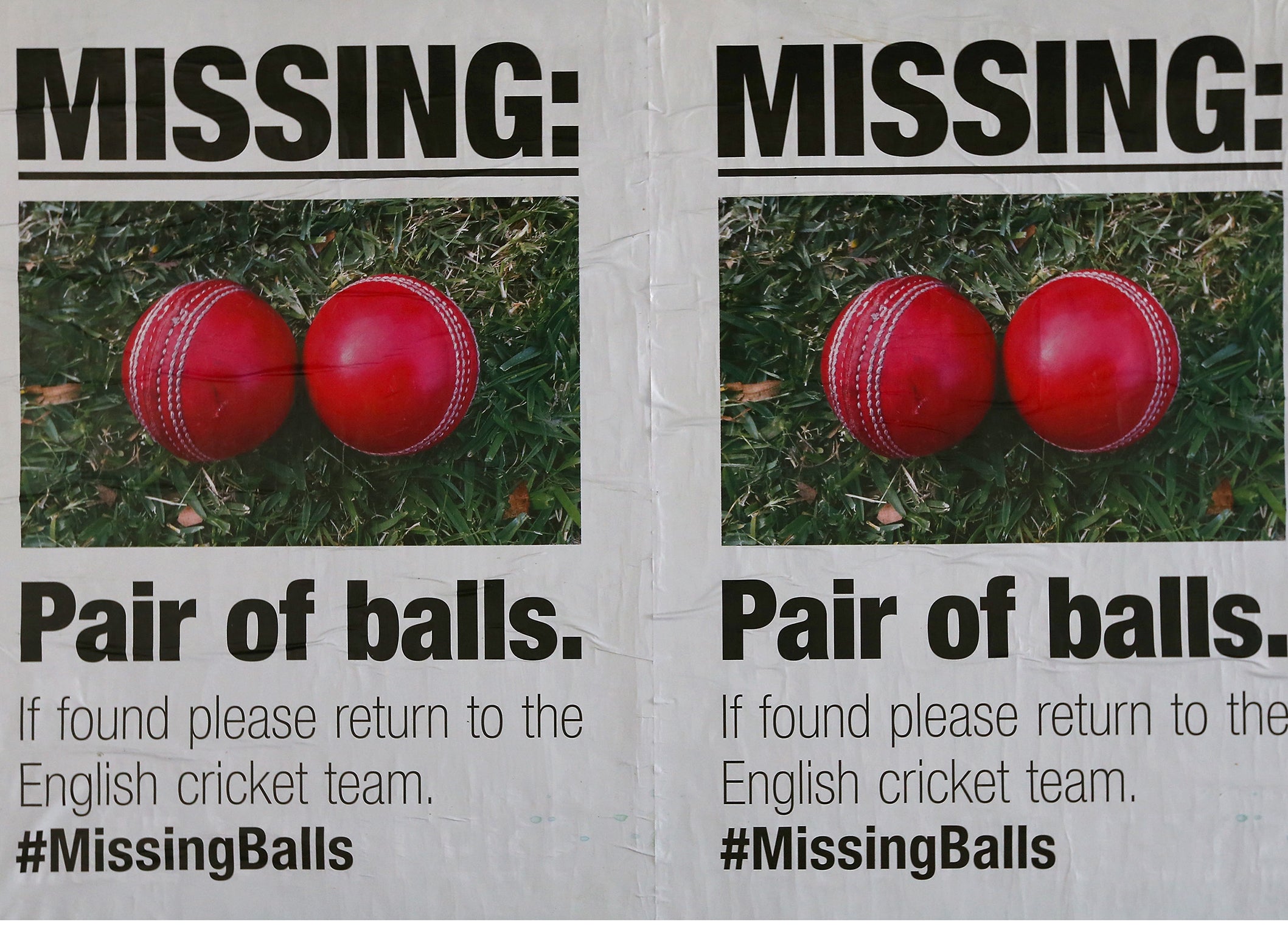Sarcasm: How the 'lowest form of wit' actually makes people brighter and more creative
A study has found that a healthy dose of sarcastic comments is healthy

Your support helps us to tell the story
From reproductive rights to climate change to Big Tech, The Independent is on the ground when the story is developing. Whether it's investigating the financials of Elon Musk's pro-Trump PAC or producing our latest documentary, 'The A Word', which shines a light on the American women fighting for reproductive rights, we know how important it is to parse out the facts from the messaging.
At such a critical moment in US history, we need reporters on the ground. Your donation allows us to keep sending journalists to speak to both sides of the story.
The Independent is trusted by Americans across the entire political spectrum. And unlike many other quality news outlets, we choose not to lock Americans out of our reporting and analysis with paywalls. We believe quality journalism should be available to everyone, paid for by those who can afford it.
Your support makes all the difference.Well, that’s just great. Sarcasm, often derided as the lowest form of wit, actually makes people brighter and more creative.
People on the receiving end of sarcastic comments – and those who made them – were found to be up to three times more creative in a range of tests carried out by a team of researchers from Insead, one of the world’s leading business schools, and Harvard and Columbia universities.
According to the study published in Organizational Behavior and Human Decision Processes journal, a good dose of sarcasm is healthy because making and understanding sarcastic comments forces the brain to switch to abstract thinking, which boosts creativity. Researchers warn that management strategies designed to eliminate sarcasm from workplaces may have detrimental effects on productivity and profits.
Dr Li Huang, who led the research, said: “We found that sarcasm may stimulate creativity, the generation of ideas, insights, or problem solutions that are novel and useful. As Oscar Wilde believed, sarcasm may represent a lower form of wit, but we found that it certainly catalyses a higher form of thought.”
Although sarcasm is the most common from of verbal irony and is widely used to convey thinly disguised disapproval, contempt and scorn, little or no research has been carried out on its effects.
The researchers carried out a number of studies involving more than 300 men and women. Each was designed to test the effects on subsequent creativity of making and receiving sarcastic comments.
One of the experiments involved people being exposed to sarcastic or sincere comment and then faced with a psychological test involving creativity. They were shown a picture of several objects – a candle, a box of nails and pack of matches – placed on a table next to a wall.
The participants were told to work out how to attach the candle to the wall so that it would burn without dripping wax on to the table. The correct solution involves emptying the nails out of the box, nailing the box to the wall and placing the candle inside. The test is considered a measure of creativity, because it requires the ability to see objects as having other uses than their primary function.
Results show that 75 per cent of those who had been the butt of sarcastic comments came up with the right solution, compared with 25 per cent who had been exposed to sincere comments. Some 64 per cent of those who made sarcastic comment were correct too, compared with 30 per cent of a control group.
“We have shown that creativity is enhanced following all types of sarcasm, from sarcastic anger and criticism to sarcastic compliments and banter,” the researchers said. “All forms of sarcastic exchanges, not just sarcastic anger or criticism, seem to exercise the brain more.” They believe this is because understanding sarcasm requires understanding contradictory statements, for example “don’t work too hard” said to someone who is clearly resting.
This puts the brain into abstract thinking mode, and the researchers said that there is decades of work to show that abstract thinking increases creativity.
Join our commenting forum
Join thought-provoking conversations, follow other Independent readers and see their replies
Comments